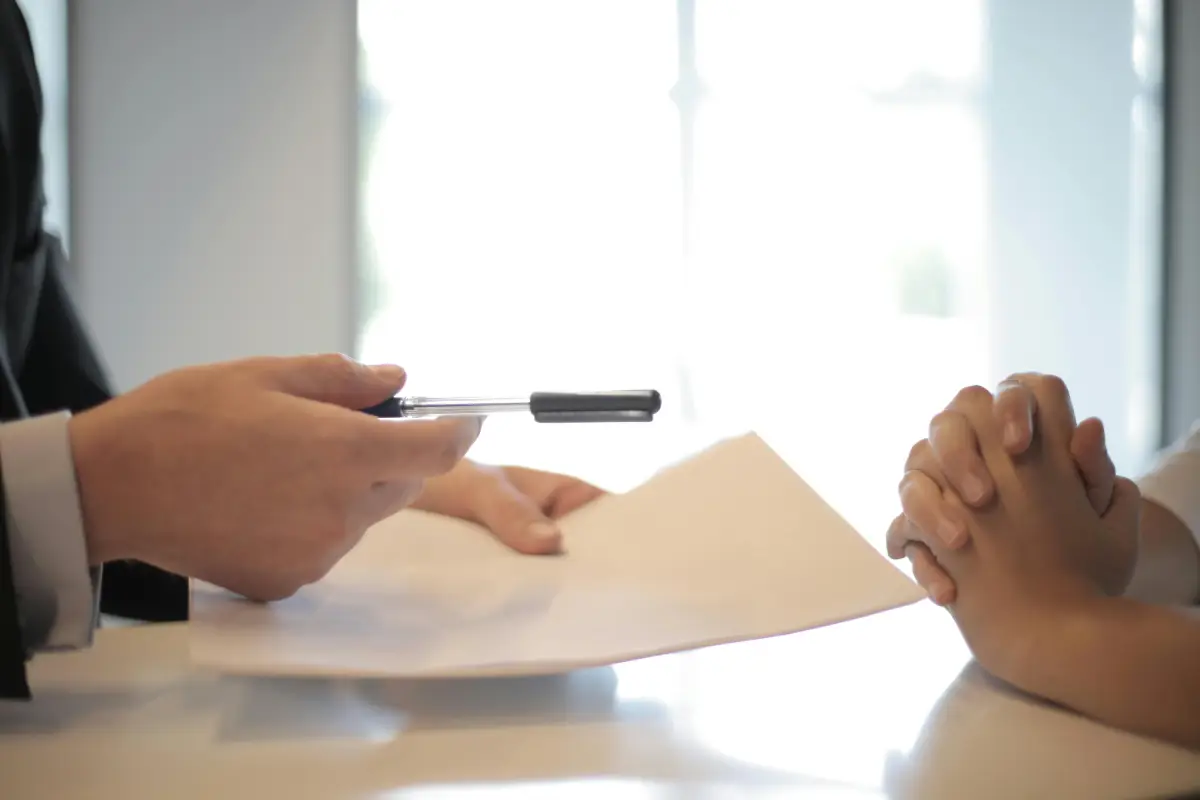
It can be tempting to let family money rules simply appear without careful thought. However, like with every other area of life, teaching financial literacy is best started young. Childhood and their teenage years are the perfect time to learn the basic skills they will need to stand them in good stead for the future.
It’s therefore worth giving some conscious thought to the money rules in your family, and how they should evolve and change over time. Follow our step-by-step approach to establishing money rules with your children.
There’s a huge difference between the financial literacy you’ll be working on with a 16-year-old compared to a pre-schooler. However, it’s all about building on solid foundations. Therefore, the 16-year-old learning to manage their own monthly allowance will fare better if it’s against a background of learning through pocket money, doing chores for money, and even making simple decisions in their preschool years, such as comparing two items and deciding what they can afford.
Therefore, start young, but make sure it’s age appropriate. Practice and ingrain the value of money and an understanding of basic transactions. As age increases, so should responsibility.
Pocket Money and Allowances
The average weekly pocket money in the UK for less than 5 year-olds is £2 and for 15 year-olds upwards, the average is £9.50. The amount of pocket money a child receives should depend on their age. Nonetheless, parents should be acutely aware that there is a gender pay gap, even with pocket money, where girls receive 20% less pocket money than boys, on average.
By giving your children regular and fair amounts, children learn to save and spend wisely. They understand they have finite resources so should spend carefully and thoughtfully. You can use apps such as Rooster, iAllowance, and GoHenry to keep track and automate the process.
To Work or Not to Work?
Once you’ve established pocket money provision, you then need to decide whether you want to link it to chores or behaviour. This will be specific to your family. Some chores you may expect to simply be done because they are living in the household. Some may be ‘above and beyond’ and can be paid. You’ll need to establish what works best for your family.
Who’s in Control?
Whilst the purpose of pocket money or an allowance is to allow the child some control over their own spending, this doesn’t mean you completely leave them to it. If you don’t want their entire pocket money spent on trading cards then that’s fair enough! You can set limits on what they can spend their money on, how much they should save, and things that you expect them to fund for themselves. For example, for a teen, does their allowance cover their phone and socialising?
Help Them Learn to Save and Budget
Key financial skills which can be learned young are budgeting and saving. Pocket money and allowances are the perfect training ground. Encourage your child to identify something they wish to save up for. Then work with them to establish how much they should save each week to achieve their goal. When they are younger we suggest something more instantaneous, but a secondary school child or teen can learn to save over 6-12 months for a more significant item.
Help them keep records and ways to measure their success.
Stand Back
As your children grow in maturity, they can gradually be given more responsibility. It’s important to let them make the occasional mistake – for example, buying that item in the gift shop which prevents them buying something they really want – because it is through these mistakes that they will build their financial literacy. Be there to guide, and help them to operate within your money rules, but do let them learn for themselves.
Building their understanding of money, and how to manage it, is a vital skill that will help them to take their first steps in to independence when you’re not on hand to catch them. So invest the time to set the family money rules now, and watch them grow in financial confidence.


